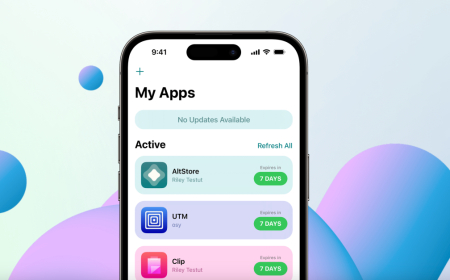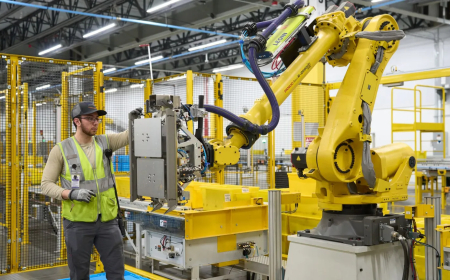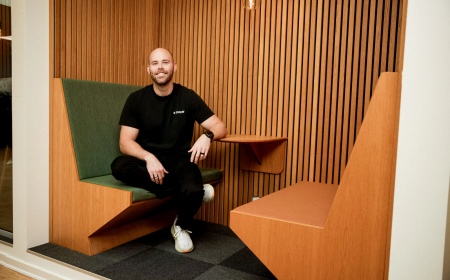This Distributed Data Storage Startup Wants to Take on Big Cloud
Tigris Data, a startup founded by the team behind Uber's storage platform, is challenging major cloud providers with its AI-native, distributed storage system. The company aims to remove egress fees, reduce latency, and give businesses more control over their data as demand for AI workloads skyrockets.

The explosion of AI companies has driven the demand for computing power to new extremes. Companies like CoreWeave, Together AI, and Lambda Labs have capitalised on this surge, attracting significant attention and capital for their ability to offer distributed compute capacity. However, most businesses still rely on the big three cloud providers — AWS, Google Cloud, and Microsoft Azure — for data storage, systems built to keep data centralised rather than spread across multiple clouds or regions.
Tigris Data, a startup founded by the team that developed Uber's storage platform, aims to change that. The company is building a network of localised data centres that it says will meet the needs of modern AI workloads. Ovais Tariq, the co-founder and CEO, emphasised that without storage, compute is nothing. "Modern AI workloads and AI infrastructure are choosing distributed computing instead of big cloud," Tariq said in an interview with TechCrunch.
Addressing Distributed Compute Needs with Tigris
Tigris' AI-native storage platform is designed to move with compute resources, automatically replicating data to where GPUs are located. It's optimised for training, inference, and agentic workloads, providing low-latency access while supporting billions of small files. This new approach positions Tigris as a challenger to the big cloud providers by addressing their inefficiencies in handling distributed AI ecosystems.
Tigris recently raised $25 million in Series A funding, led by Spark Capital, with participation from existing investors like Andreessen Horowitz. The company aims to compete with larger cloud players by offering a more efficient, cost-effective solution that bypasses traditional challenges such as egress fees and latency imposed by cloud providers.
Fighting Against Egress Fees and Latency Bottlenecks
Egress fees — or what Tariq calls "cloud tax" — have long been a barrier for companies needing to move large amounts of data across platforms. For example, if a company wants to move its data from one cloud provider to another, it is often hit with fees. Batuhan Taskaya, head of engineering at Fal.ai, a Tigris customer, shared that egress fees once accounted for the majority of the company's cloud spending. Tigris aims to remove these obstacles by providing access to distributed storage without the costly fees.
Tariq argues that the big cloud providers are not optimised for AI workloads. Streaming massive datasets for training or running real-time inference across regions can introduce latency, slowing down model performance. By having localised storage, Tigris can help companies retrieve data faster, thereby reducing latency and improving efficiency.
"Tigris lets us scale our workloads in any cloud by providing access to the same data filesystem from all these places without charging egress," Taskaya added.
Data Control and Security
Another motivator for distributed data storage is the increasing demand for data control. Companies, especially those in highly regulated industries like finance and healthcare, are seeking greater control over their data. Tariq explained how companies are becoming more aware of how data fuels AI and how ownership of that data is key to maintaining a competitive advantage. Companies like Salesforce have taken steps to restrict access to their data, blocking AI rivals from using Slack data.

Tigris' decentralised storage system provides a more secure and efficient way for companies to manage their data. Tariq believes that owning and controlling data is critical, especially as AI systems grow more integral to business operations.
Growth Plans and Expansion
With recent funding, Tigris plans to expand its storage centres to meet rising demand for its services. Tariq revealed that Tigris has grown by 8x each year since its inception in November 2021. The startup currently operates data centres in Virginia, Chicago, and San Jose, with plans to expand into London, Frankfurt, and Singapore to better serve customers in Europe and Asia.
What's Your Reaction?
 Like
0
Like
0
 Dislike
0
Dislike
0
 Love
0
Love
0
 Funny
0
Funny
0
 Angry
0
Angry
0
 Sad
0
Sad
0
 Wow
0
Wow
0




















































